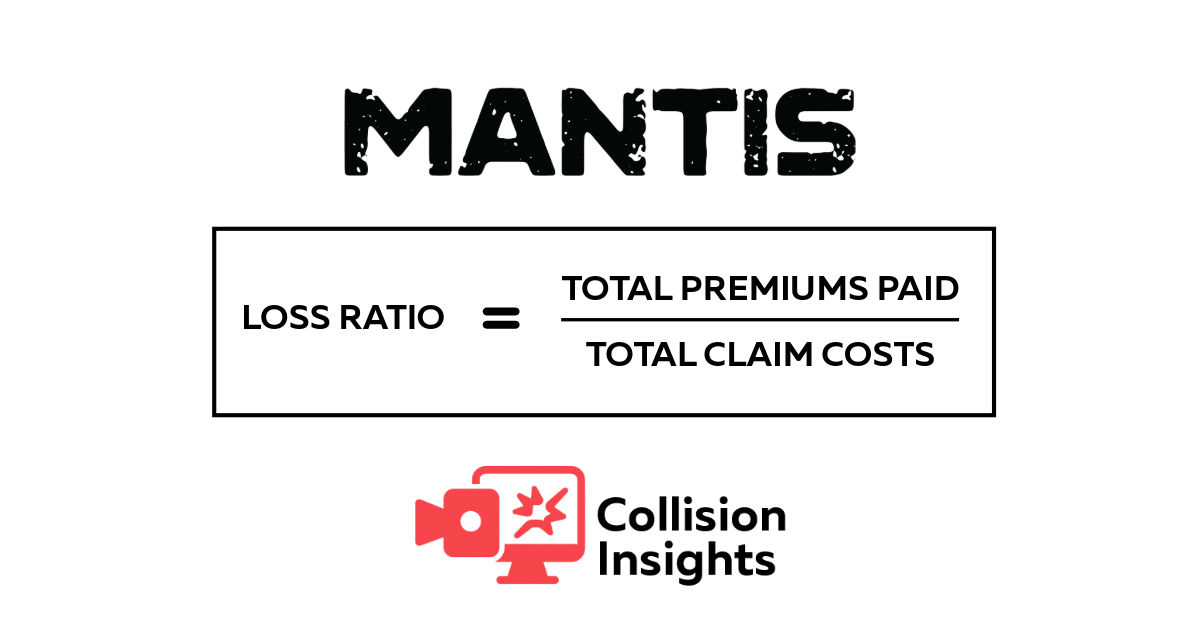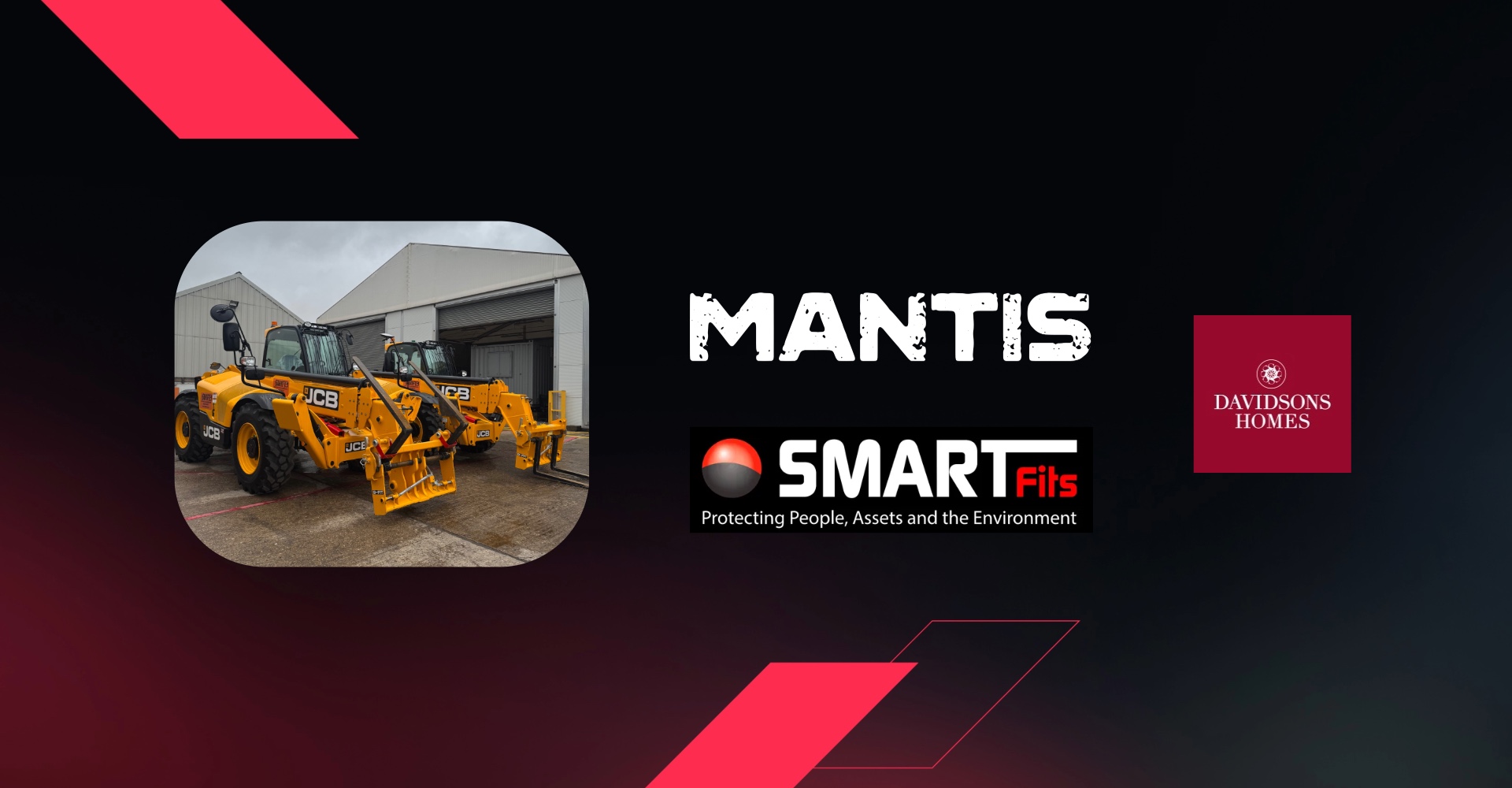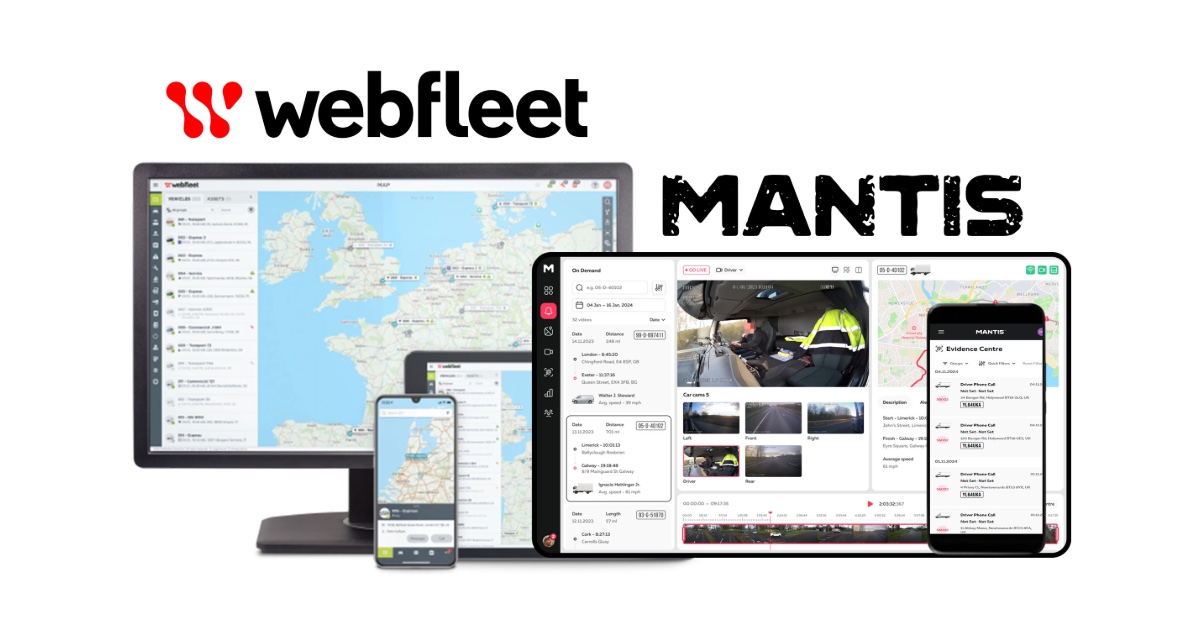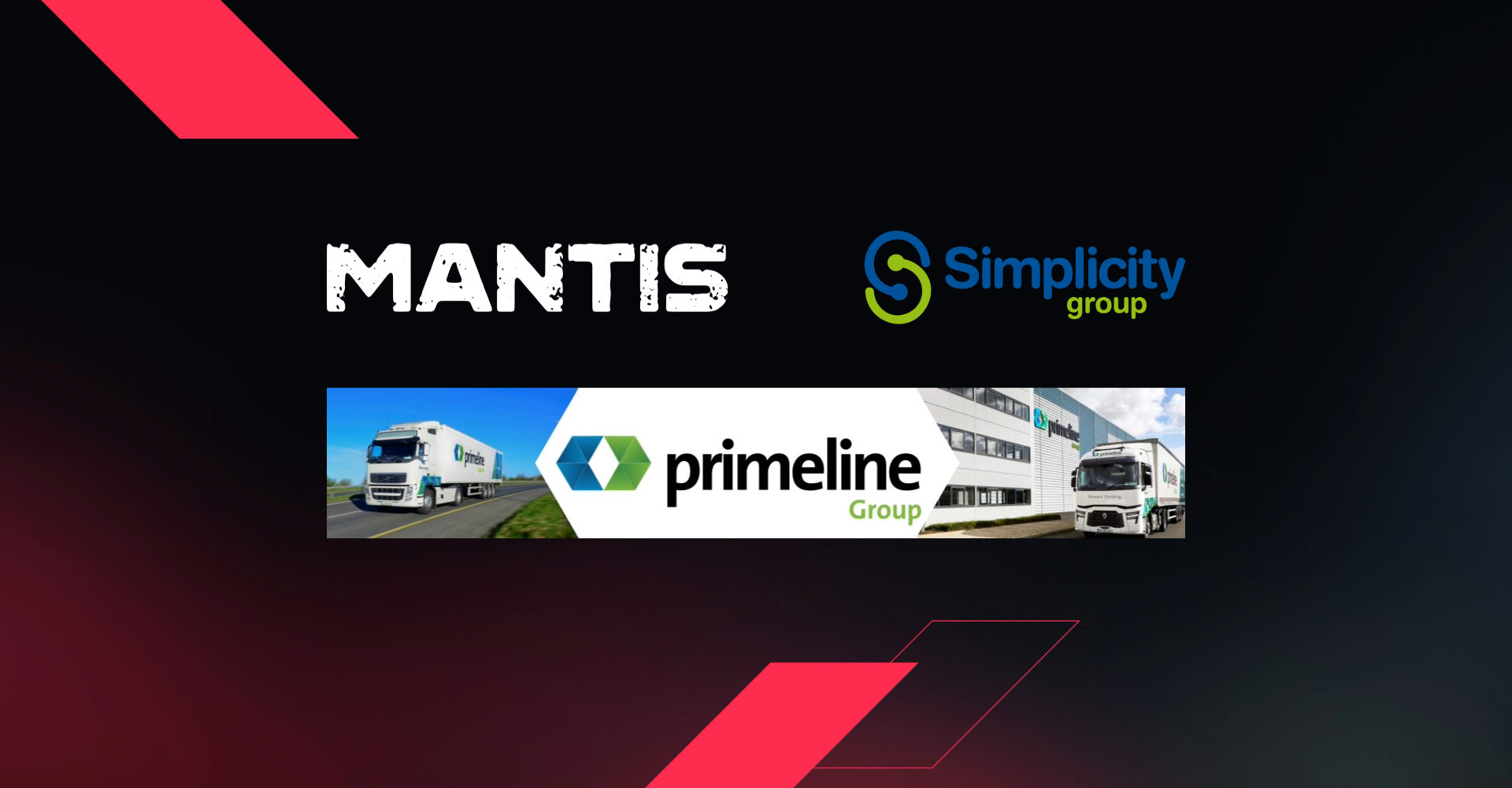Navigating the Road Ahead: Top UK Fleet Challenges in 2025
Introduction:
The UK fleet industry is navigating a period of significant change in 2025. Economic pressures, rapid technological advancements, regulatory shifts, and evolving customer expectations are creating a complex landscape for fleet management. Staying ahead requires identifying and proactively addressing the key UK fleet challenges in 2025. Based on industry insights and conversations with operators, here are some of the most pressing issues UK fleets are facing this year, from rising expenses to the ongoing logistics challenges.
1. Battling Escalating Fleet Operational Costs
Perhaps the most universal challenge is the persistent rise in operational costs. Fuel prices remain volatile, whilst maintenance and repair expenses are increasing, driven partly by the growing complexity of vehicles (including EVs) and ongoing supply chain pressures for parts. Vehicle acquisition costs are also a significant factor impacting fleet costs. Fleet managers are under immense pressure to optimise routes, maximise fuel efficiency, improve vehicle utilisation, and manage maintenance schedules meticulously using effective fleet optimisation strategies to keep budgets under control.
2. Tackling the Ongoing Driver Retention Crisis
Finding and keeping qualified drivers remains a critical pain point, a core aspect of fleet challenges. The industry continues to face a significant HGV driver shortage, exacerbated by an ageing workforce and difficulties attracting younger talent to driving and fleet management roles. High driver turnover is incredibly costly, encompassing recruitment expenses, training time, and the potential impact on service consistency. To combat this, businesses must focus on creating a positive work culture, offering competitive pay and benefits, providing clear career development paths, investing in driver well-being, and ensuring fair scheduling that respects work-life balance. The skills shortage extends beyond drivers, with experienced fleet managers and EV technicians also in high demand.
3. Managing Soaring Fleet Insurance Premiums
Fleet insurance costs have seen sharp increases and show little sign of easing in 2025. Insurers point to rising accident repair costs (driven by technology-laden vehicles and EV battery considerations), claims inflation, and overall risk profiles. A poor claims history can lead to dramatic premium hikes. This puts even greater emphasis on risk management, robust driver safety programmes, and potentially investing in technology like telematics or vehicle cameras to mitigate risks and demonstrate proactive safety measures to insurers, ultimately aiming for better operational efficiency.
4. Prioritising Driver Safety & Fleet Compliance
Ensuring driver safety is paramount, not just for ethical reasons but also for operational and financial stability. Accidents lead to downtime, repair costs, potential insurance increases, and reputational damage. Compliance with regulations like the HGV Safety Permit Scheme (incorporating DVS requirements in London), driver hours rules, and vehicle roadworthiness standards demands constant vigilance. Implementing robust safety protocols, regular training, and utilising safety-focused technology are essential investments for any responsible fleet operator managing their fleet challenges.
5. Meeting Customer Expectations & ESG Fleet Demands
Customer satisfaction increasingly relies on faster deliveries, real-time visibility, and exceptional service levels. Simultaneously, there's mounting pressure – from customers, investors, and regulators – for businesses to demonstrate strong Environmental, Social, and Governance (ESG) credentials. This translates into demands for lower emissions, a transition towards electric vehicles (EVs), and transparent sustainability reporting as part of addressing fleet challenges 2025. Balancing operational efficiency with these service and sustainability demands, including navigating ESG requirements, is a key strategic challenge.
6. Navigating the Complexities of EV Fleet Transition
Whilst the shift to electric vehicles is crucial for meeting sustainability goals and future-proofing fleets (especially with the ZEV Mandate deadlines approaching), the EV transition presents significant hurdles for van fleets and HGVs alike. High initial purchase costs, uncertainty around residual values, the practicalities of charging infrastructure (depot vs. public charging disparities and costs), range anxiety (particularly for electric vans under load), and the need for specialised technician training are all major EV transition challenges demanding careful planning and investment.

Conclusion: Charting the Course Forward for UK Fleets
The UK fleet challenges in 2025 are interconnected and demanding. Rising fleet costs impact investment in safety and driver retention, whilst the EV transition affects operational planning and budgets. Successfully navigating this landscape requires a strategic, data-driven approach focused on fleet optimisation.
Effective fleet management solutions are no longer a 'nice-to-have' but a necessity for enhancing efficiency, controlling costs, ensuring compliance, and supporting drivers. Understanding these logistics challenges is the first step. The next is implementing strategies and leveraging the right tools, such as telematics, to overcome them.
Is your fleet facing these hurdles? MANTIS provides solutions designed to help you gain visibility, improve efficiency, and tackle the challenges of modern fleet management. Contact us today for a no-obligation consultation to discuss how we can support your fleet's success in 2025 and beyond.




.png)






























